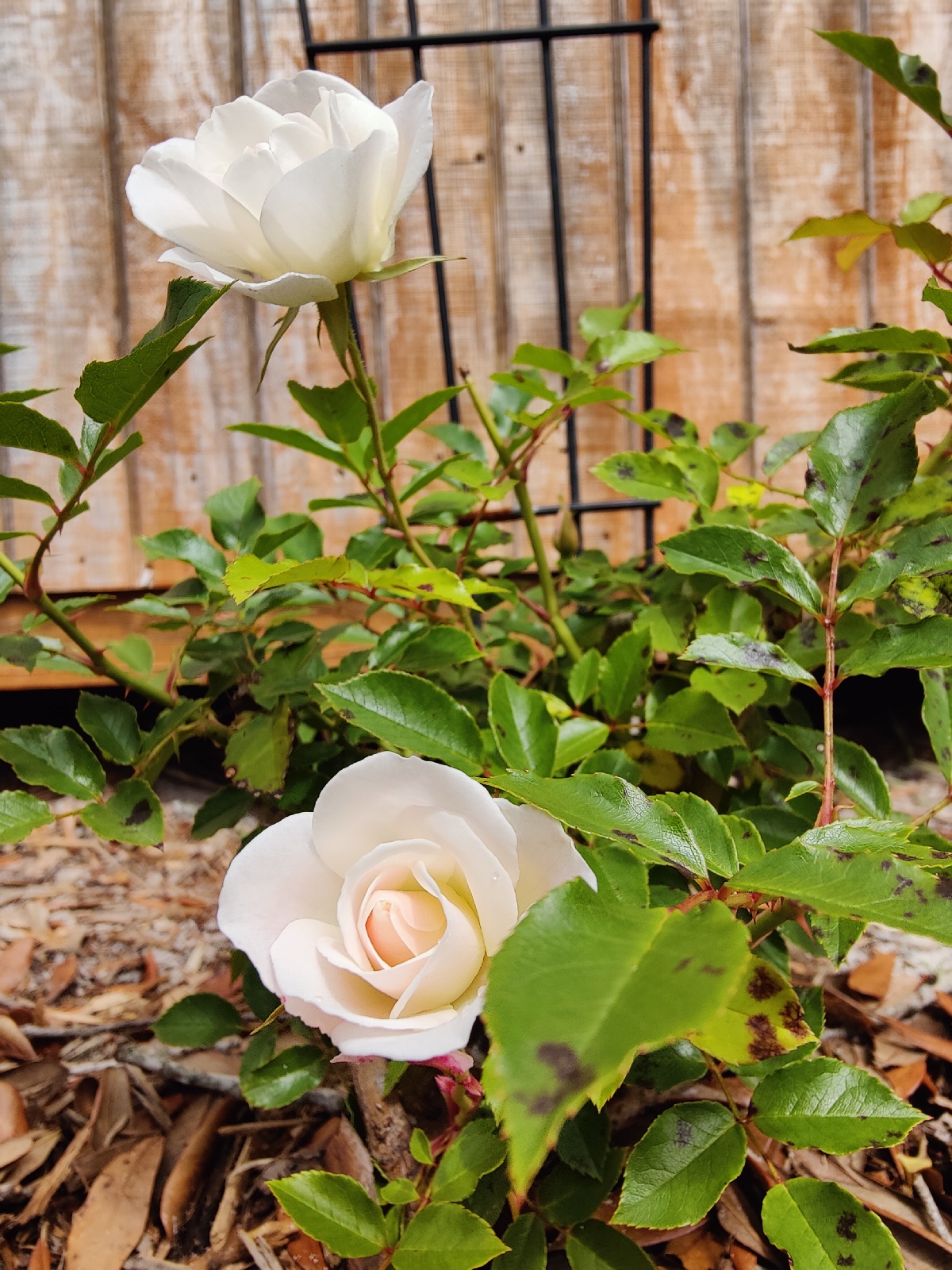Endurance & Hope
"Not only that, but we rejoice in our sufferings, knowing that suffering produces endurance, and endurance produces character, and character produces hope . . ." Rom. 5:3-4
In 1969 Elisabeth Kübler-Ross published her book On Death And Dying where she laid out what we know today as the five stages of grief. I haven't read the book. I have done a light study on the life of Elisabeth Kübler-Ross, and I am fascinated by the fact that she herself rarely grieved. I read one of her final interviews before she died and was struck by the fact that she sounded very similar to Job's wife. Her answer to her own suffering was to curse God. And then I guess she died. Otherwise, I know very little about her.
But I am very familiar with the five stages of grief, not because I have been through them, but because inevitably somebody suggests them to me. It has been my experience, and I think this is due solely to the fact that the Christian faith is real and our God is real, that grief is not anything like the five stages Ross describes. In fact, speaking entirely from personal experience, the five stages of grief is mostly baloney.
That is not to say that if you have felt that the five stages did describe your grief, that you are wrong. But grief is way more chaotic and mysterious than one formula can grasp. Grief is personal; as are experiences. And I think only somebody who had known very little of grief would think, "You know what would be a good idea: to watch those on their deathbeds and formulate their suffering."
Perhaps my greatest disagreement with the five stages of grief is the last stage: acceptance. As I said earlier, I haven't read her book, so maybe she expounds on this word in a way that I would agree with. But the word acceptance implies defeat, a throwing up of hands. "Here is my terrible situation. I can't do anything about it. I might as well just accept it."
I disagree.
At no point and in no grief has that been my final stage. In all the sorrows of life, I have never ended in acceptance. I utterly reject that adjective for my final feelings on the losses I've known.
In fact, knowing that acceptance is not my final stage, is one of the reasons I can keep going in grief. Knowing that I will come to the end of this journey, and it will be worth it—it keeps me walking in the Valley of the shadow of death. Too many, and I wonder if her stages encourage this, make camp in the valley. Too many accept the darkness of sorrow. But I refuse to accept it. I refuse acceptance as all I have to look forward too.
Paul lays out a much better stage, and this verse is one I often recall.
The first stage of Christian grief is endurance. We often miss this and confuse the endurance of our Christian friends as strength, as if they're doing great. But it's not strength, certainly not of their own summoning, rather it's a refusal to give up. It often is sheer determination based on the belief that Christ is telling the truth, even if it seems unlikely.
In fact, you might say acceptance is the first not last stage for the Christian. Because the Christian, faces the horror and doesn't look for an escape. He accepts the trial sent from God's hands and agrees to wait through the night for morning. It's not that they've arrived to a state of rejoicing and perfect peace as much as they are determined to endure until they do, believing God is still there. In essence: they don't give up.
The second stage is character. Obviously, I can't flush all these out or say all there is to say. But something about refusing to let go, like Jacob wrestling all night until he gains a blessing, produces a deep understanding of your own smallness. It's as if you never knew your weakness until you were asked to endure. You never knew how vulnerable you were to doubt and death and Hell until horrors rattled you. It stripes everything of its vanity. You are small. The world is small. We are unprofitable servants only doing what is asked. And this produces hope.
Hope is the confidence that Christ is King of small men. That He, despite your own confusion, is not confused. That He, like Aslan in The Horse And His Boy, is behind every moment in the story when you most thought He wasn't. That He is able to keep you. That He has kept you, and that He will. Hope is courage free of pride or self. It's a defiance of the obvious; Christmas in December.
That is the final stage of grief. That is the blessing you walk away with. And knowing that, knowing somehow, someway, for some reason beyond me, this is the means of giving me hope, makes sorrows endurable. 💚
". . . and hope does not put us to shame, because God’s love has been poured into our hearts through the Holy Spirit who has been given to us." Rom. 5:5



Comments
Post a Comment
Leave a comment